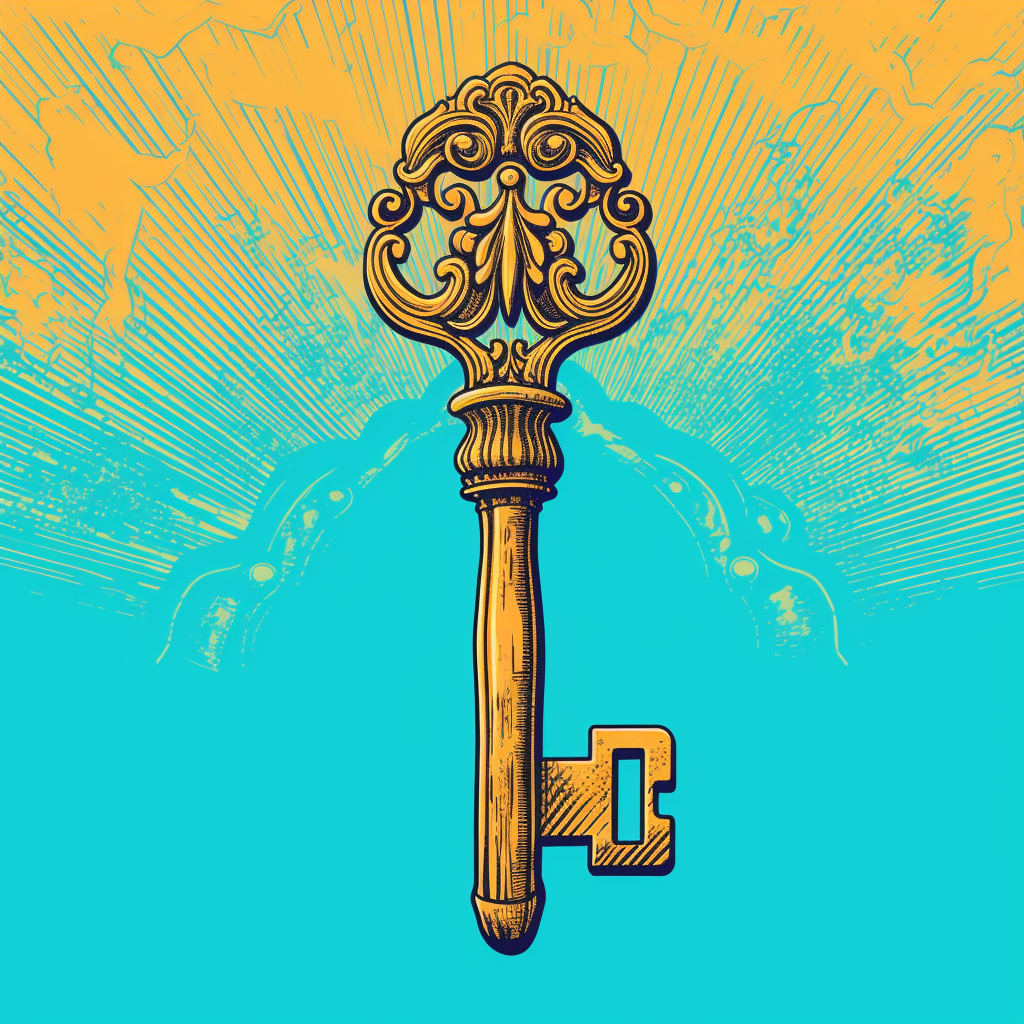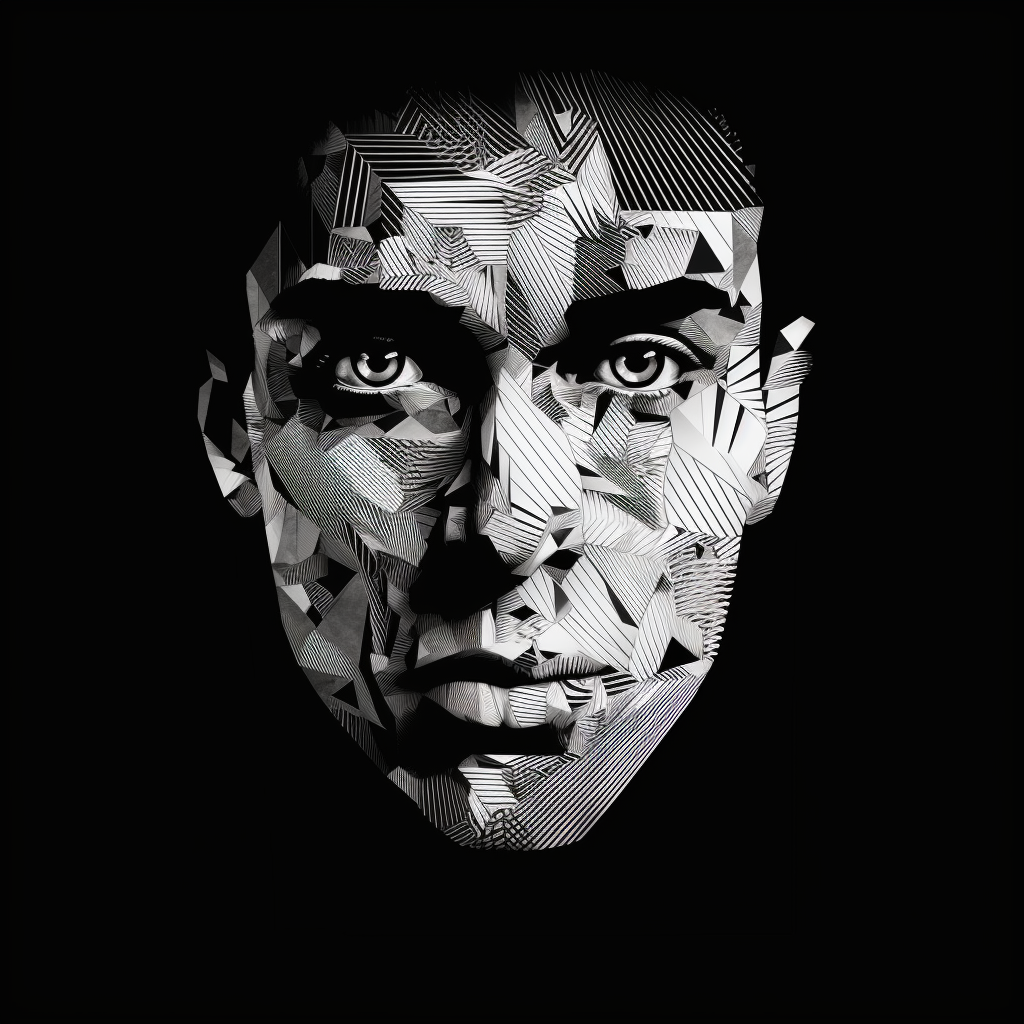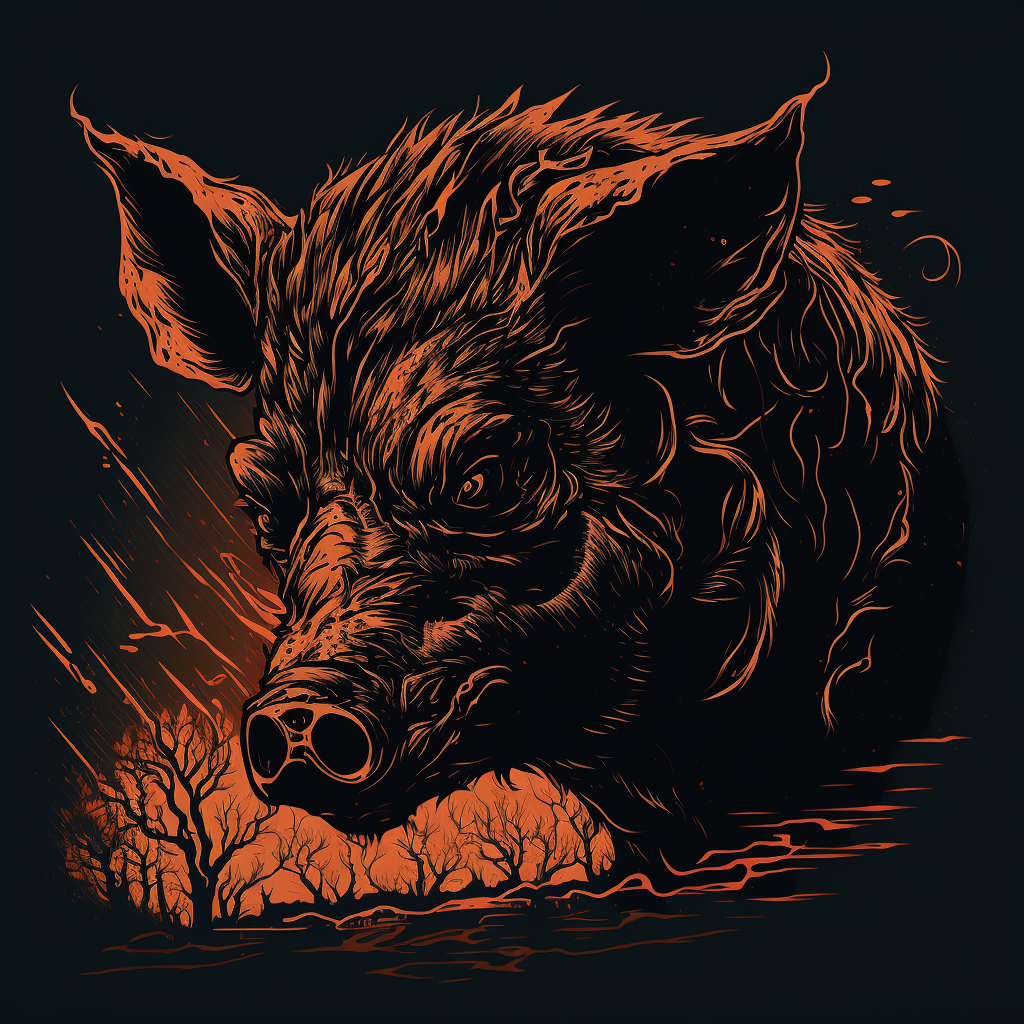“The Trial” by Franz Kafka is a classic novel that tells the story of Josef K., who is arrested and put on trial for a crime that is never revealed to him. The book explores themes such as power, justice, and the meaning of life. There are several lessons we can learn from this intriguing novel. In this blog post, we will cover the top 10 lessons from “The Trial.”
“It’s only because of their stupidity that they’re able to be so sure of themselves.”
Lesson 1: The Absurdity of Bureaucracy
The first lesson we can learn from the book is about the absurdity of bureaucracy. In “The Trial,” Josef K. navigates a labyrinthine bureaucracy that seems to operate outside of reason or logic. Kafka portrays a world in which the rules and regulations make no sense and are often contradictory or self-serving. The lesson we can learn here is that bureaucracy can be a source of great frustration and confusion.
Lesson 2: The Unseen Power of the State
Another important lesson from “The Trial” is the unseen power of the state. Josef K. is arrested and tried, yet he is never told what crime he has committed or who his accusers are. His fate is determined by people he cannot see and a system he cannot comprehend. Kafka illustrates the frightening power that the state can hold over individuals, even when they are not aware of its influence.
Lesson 3: The Importance of Self-Reflection
“The Trial” also highlights the importance of self-reflection. Throughout the novel, Josef K. struggles to come to terms with the accusations against him and understand the role he played in his own arrest. This self-examination leads him to question his own morality and the meaning of his life. The lesson here is that self-reflection is essential in making sense of our experiences and understanding our place in the world.
Lesson 4: The Futility of Resistance
The book also portrays the futility of resistance in the face of overwhelming power. Despite his efforts to fight the system, Josef K. ultimately succumbs to the forces that are arrayed against him. Kafka shows that sometimes it is impossible to resist the power of the state, and that fighting against it can lead to one’s downfall.
Lesson 5: The Thin Line Between Guilt and Innocence
Another theme in “The Trial” is the thin line between guilt and innocence. Josef K. is initially convinced of his own innocence, but as he navigates the legal system, he begins to question this assumption. The book raises questions about the nature of guilt and innocence and whether it is possible to ever truly know the truth.
Lesson 6: The Dehumanization of Society
The book also touches on the dehumanization of society. Josef K. is treated as a number rather than a person, and his fate is determined by faceless bureaucrats who never reveal their identities. Kafka portrays a world in which individuals are dehumanized by the systems that are supposed to protect them.
Lesson 7: The Dangers of Blind Faith
Another important lesson from “The Trial” is about the dangers of blind faith. Josef K.’s efforts to understand his fate are hindered by his blind faith in an undefined system of justice. He places his faith in the legal system, even though it is failing him. Kafka suggests that blindly following a system or ideology can be dangerous and can lead to one’s downfall.
Lesson 8: The Search for Meaning
“The Trial” also explores the search for meaning in a world that seems senseless. Josef K. is forced to confront the meaning of his life and his own mortality. Kafka suggests that finding meaning in life can be difficult in a world that seems irrational and unjust.
Lesson 9: The Importance of Individuality
The book also highlights the importance of individuality. Josef K. is an individual who is pushed against a faceless system. Kafka emphasizes the individual’s power to resist and persist despite oppressive forces.
Lesson 10: Life is an Endless Trial
Finally, “The Trial” suggests that life is an endless trial. Josef K.’s experience can be seen as a metaphor for the human condition. Throughout our lives, we are all tried and tested in various ways. Kafka suggests that it is through these trials that we grow and develop an understanding of the world.
Conclusion
“The Trial” by Franz Kafka is a complex novel that raises many ethical and moral questions. Through the characters’ struggles, the novel highlights the dangers of bureaucracy, the dehumanization of society, the search for meaning, and the importance of individuality. By examining the lessons from this book, we can gain a deeper understanding of our world and our place in it. We can learn valuable insights about power, justice, and the human condition.



